Research shows that small daily habits and environmental tweaks can significantly affect mood, productivity, and overall well-being. For example, a study of 87,000 people found that more daytime light exposure lowered depression risk by 20%, while too much light at night raised it by 30%. Other studies have found that indoor plants reduce stress, improve focus by up to 15%, and even cut sick leave by 10%. With this in mind, here are ten simple joys that bring measurable benefits when added to daily life.
1. Design Your Own Peace Corner
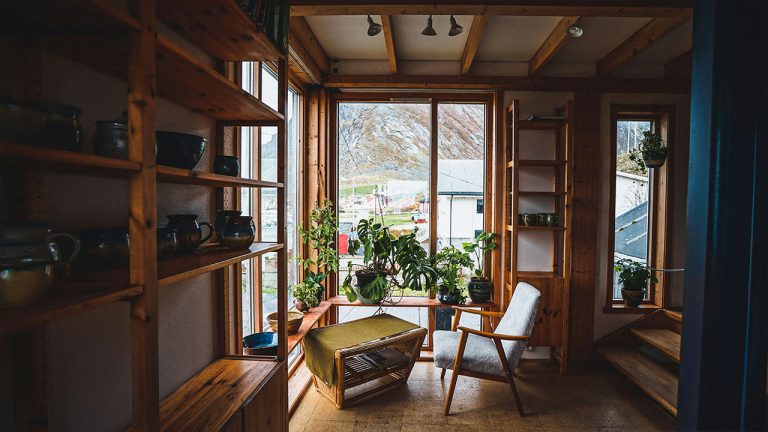
Having a designated relaxation spot, even just a chair with a cozy blanket, provides a mental signal to rest. Research on sensory rooms shows such calming spaces reduce stress and improve focus by as much as 25%. Spending as little as 10–15 minutes daily in a personal peace corner helps regulate emotions and improves resilience, making it easier to handle the day’s challenges.
2. Bathe Your Space in Sunshine
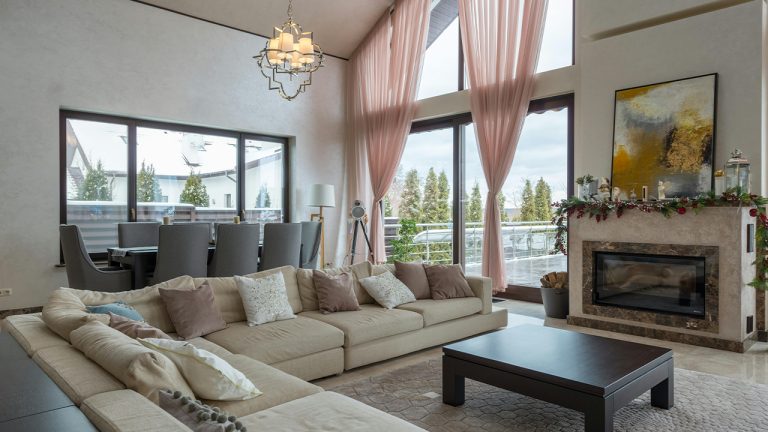
Light isn’t just visual it’s biological. A large-scale study with 87,000 participants revealed that exposure to natural daylight reduces depression risk by about 20%, while late-night artificial light raises risk by 30%. Sunlight also boosts serotonin, which improves mood and helps regulate sleep. Just 10–30 minutes of sun exposure a day can meaningfully improve energy, focus, and emotional balance.
3. Bring the Outdoors In with Greenery
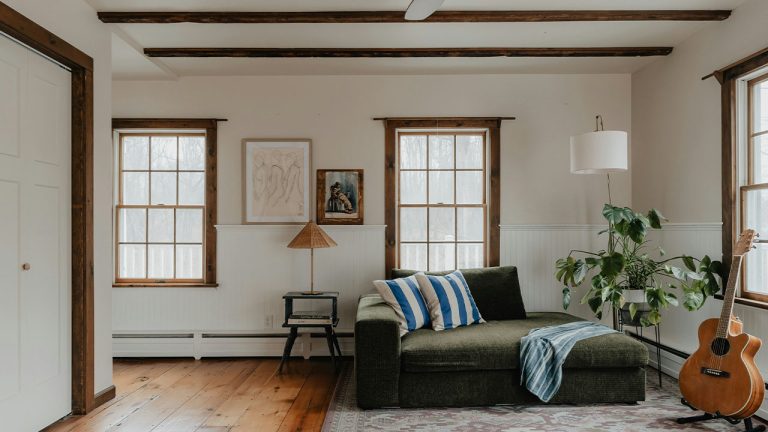
Indoor plants do more than decorate they enhance health. Studies show productivity rises by 15–16% when plants are present in offices, while stress and fatigue levels drop significantly. A Japanese experiment found that simply viewing plants for three minutes lowered pulse rates by 27%. Adding even one plant to your workspace or living room can reduce stress hormones and create a calmer atmosphere.
4. Welcome Inviting Scents into Your Home
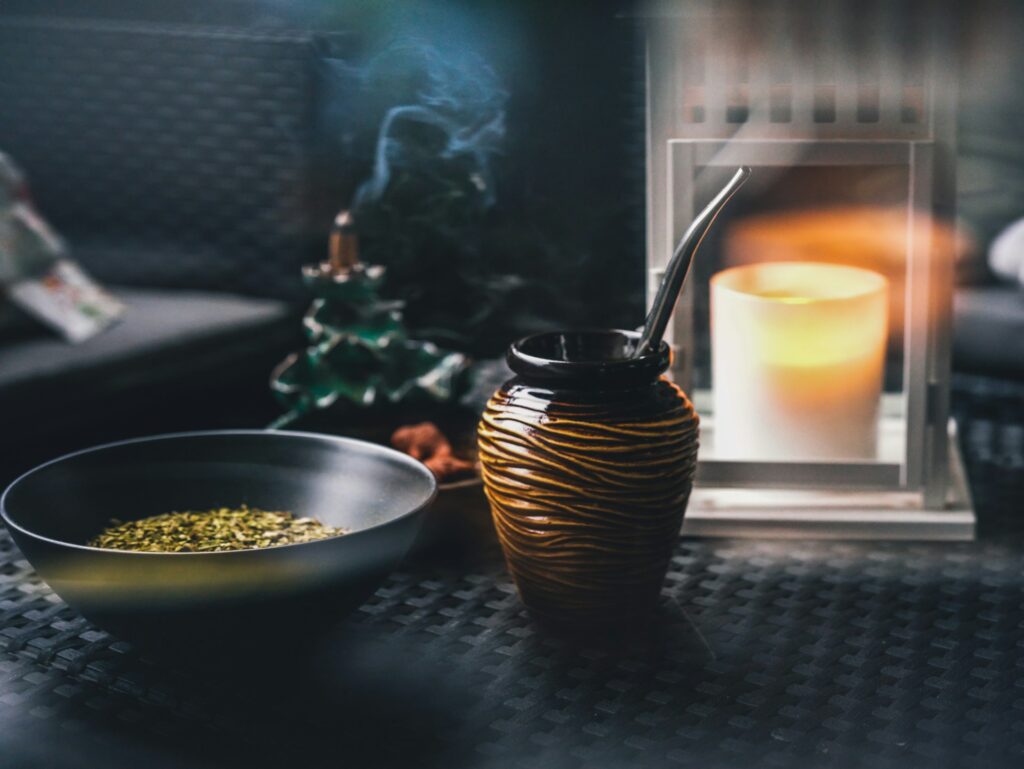
Scents have a measurable impact on emotions and stress. Research indicates that calming aromas like lavender can lower anxiety scores by up to 30%. Meanwhile, citrus scents have been shown to improve alertness and mood by nearly 20%. A simple candle, diffuser, or freshly brewed coffee can instantly change the emotional tone of your space and reinforce comfort and focus.
5. Infuse Your Space with Soulful Decor

Personal, meaningful décor such as photos, heirlooms, or artwork supports emotional health. Studies on “positive distractions” show they can lower stress by up to 25% and increase feelings of hope and connectedness. Unlike generic minimalism, personal items provide daily micro-moments of joy and reflection, helping reduce loneliness and reinforcing a sense of belonging in one’s home.
6. Claim Quiet Moments Amid Your Day
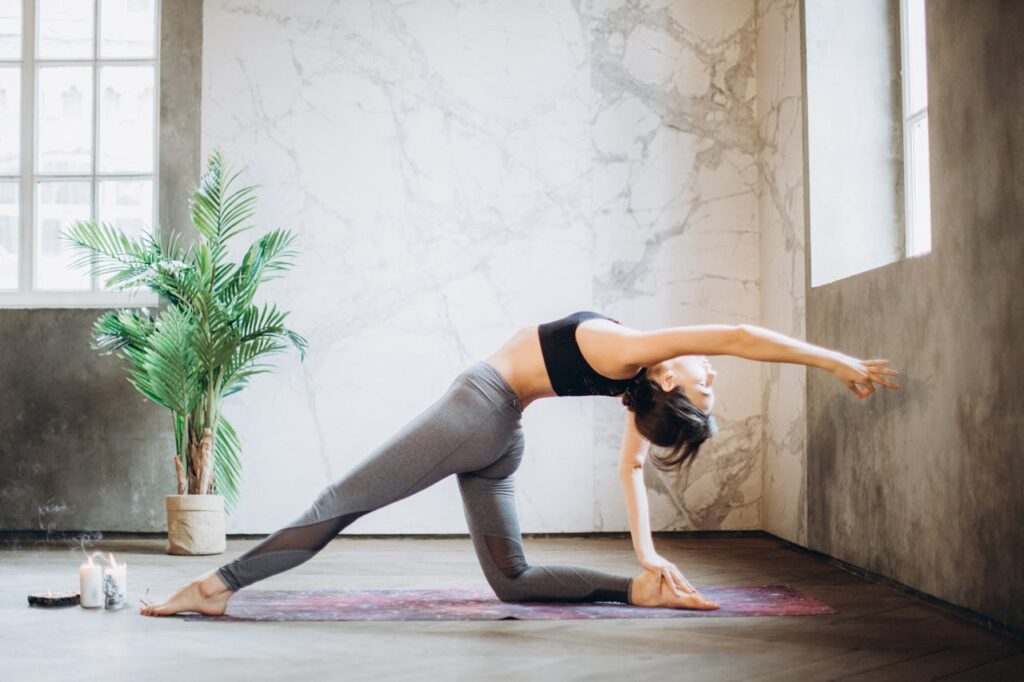
Short, intentional pauses throughout the day can have big benefits. According to Attention Restoration Theory, even brief exposure to calm stimuli replenishes mental focus. Studies show that taking a 5-minute mindful break can reduce stress hormone levels by 12% and improve concentration for the next hour. Building these pockets of stillness into daily routines makes you more present and mentally refreshed.
7. Enjoy Gentle, Ambient Illumination
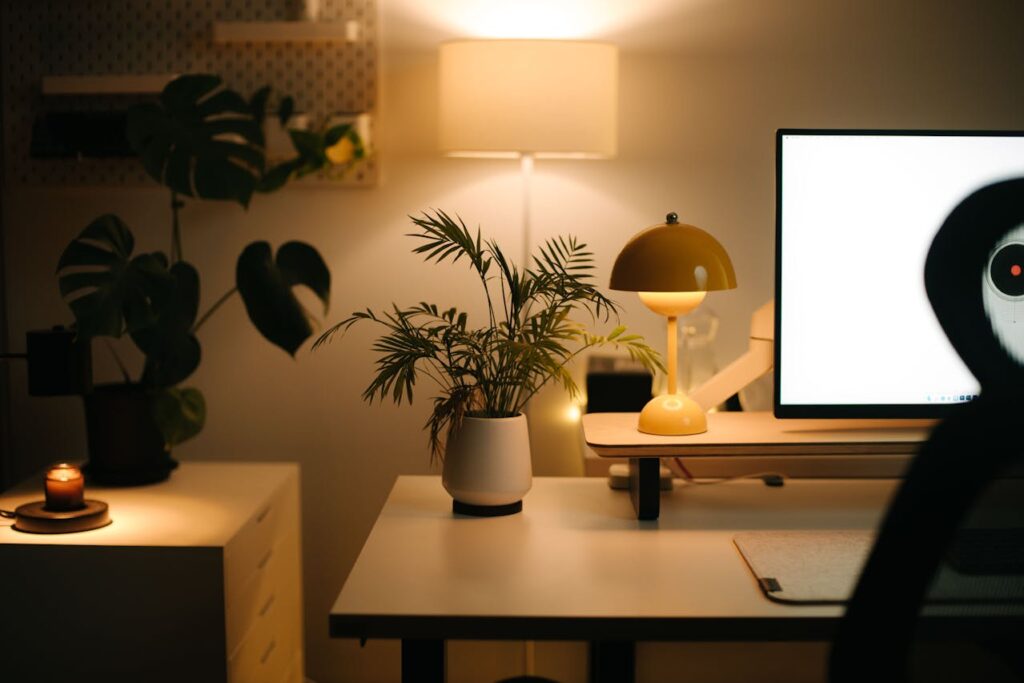
Lighting directly affects mood and circadian rhythm. Bright light therapy studies report remission rates of 40% in people with depression after just 30 minutes of daily exposure. On the other end, soft ambient lighting in the evening helps reduce overstimulation and prepare the body for sleep. Using warm LED bulbs, dimmers, or candles can lower stress markers by up to 18% while improving relaxation.
8. Clear Clutter to Cultivate Calm
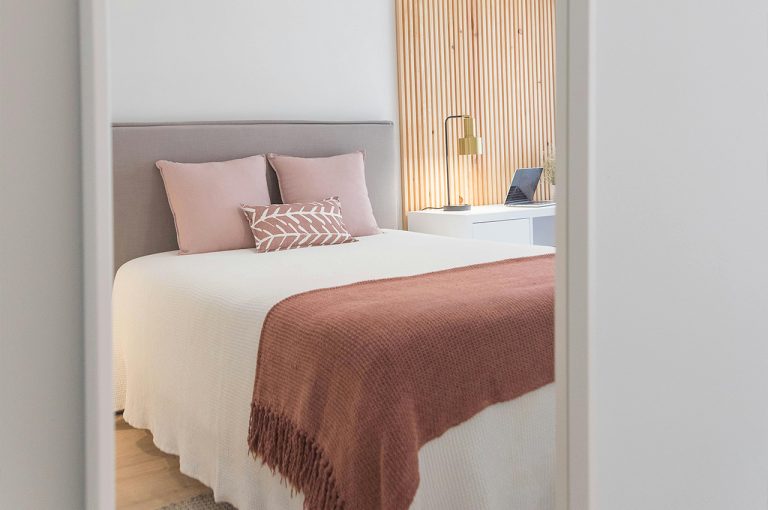
Clutter overloads the brain. Research from UCLA found that women living in cluttered homes had cortisol levels 27% higher than those in tidy spaces. Decluttering improves mental clarity and focus by up to 30%. Even small efforts like clearing one shelf or drawer daily make a difference, reducing visual chaos and giving the brain a sense of order and control.
9. Embrace Natural, Tactile Textures
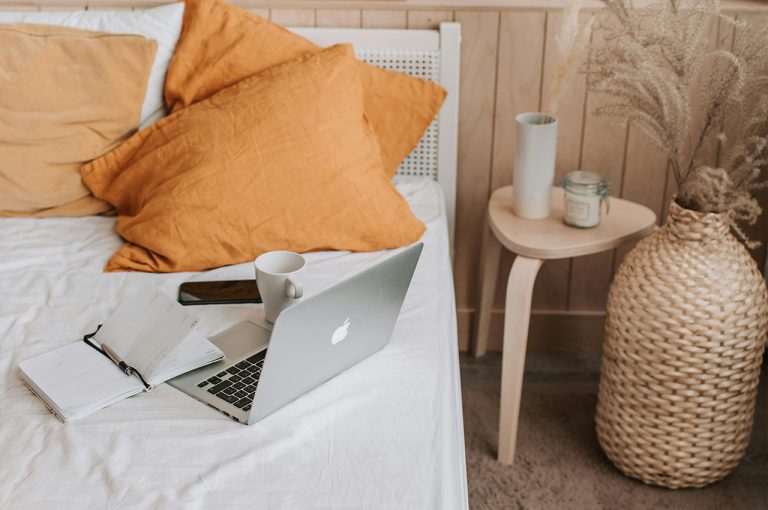
Natural materials provide subtle sensory comfort. Research in environmental psychology shows that tactile surfaces like wood, cotton, and stone can reduce anxiety by 20% compared to synthetic alternatives. Touching these textures provides grounding, while visually, they create warmth and safety in a room. Adding items like woven baskets, wooden bowls, or natural-fiber throws turns ordinary rooms into inviting, stress-relieving sanctuaries.
10. Use a Calming Color Palette
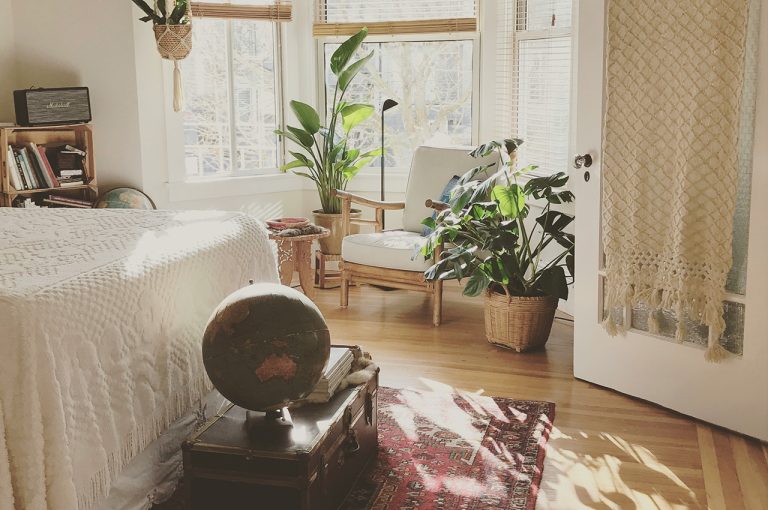
Color has a powerful impact on mood, so selecting the right palette is crucial for a Zen-inspired space. Soft, muted tones like beige, taupe, sage green, and warm whites promote relaxation and harmony. These colors help create a light, airy atmosphere while reducing visual stress. Avoid overly bright or bold hues, as they can be stimulating rather than calming. By keeping your walls and décor in a cohesive, natural palette, you encourage a more serene environment.
Comments